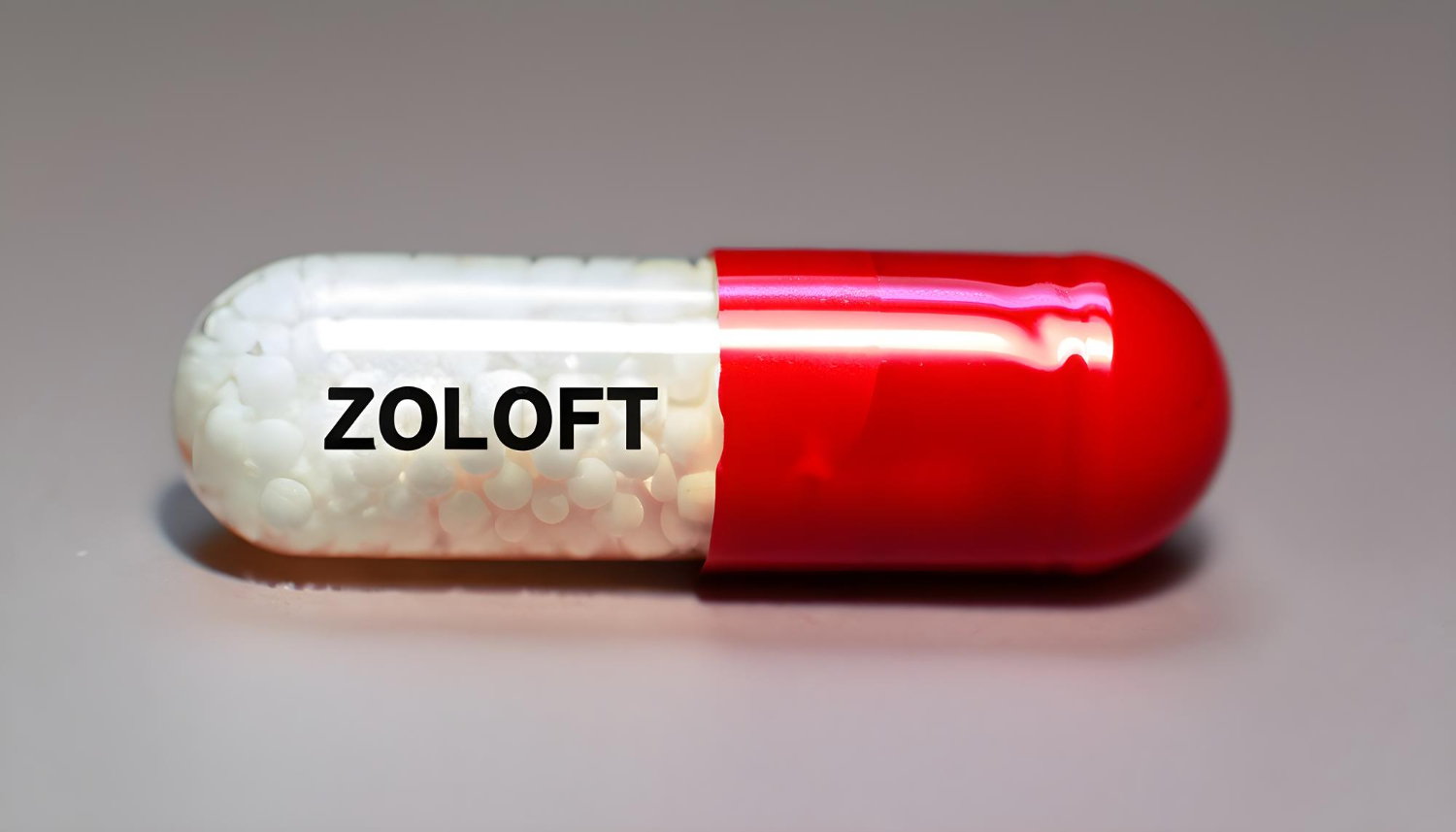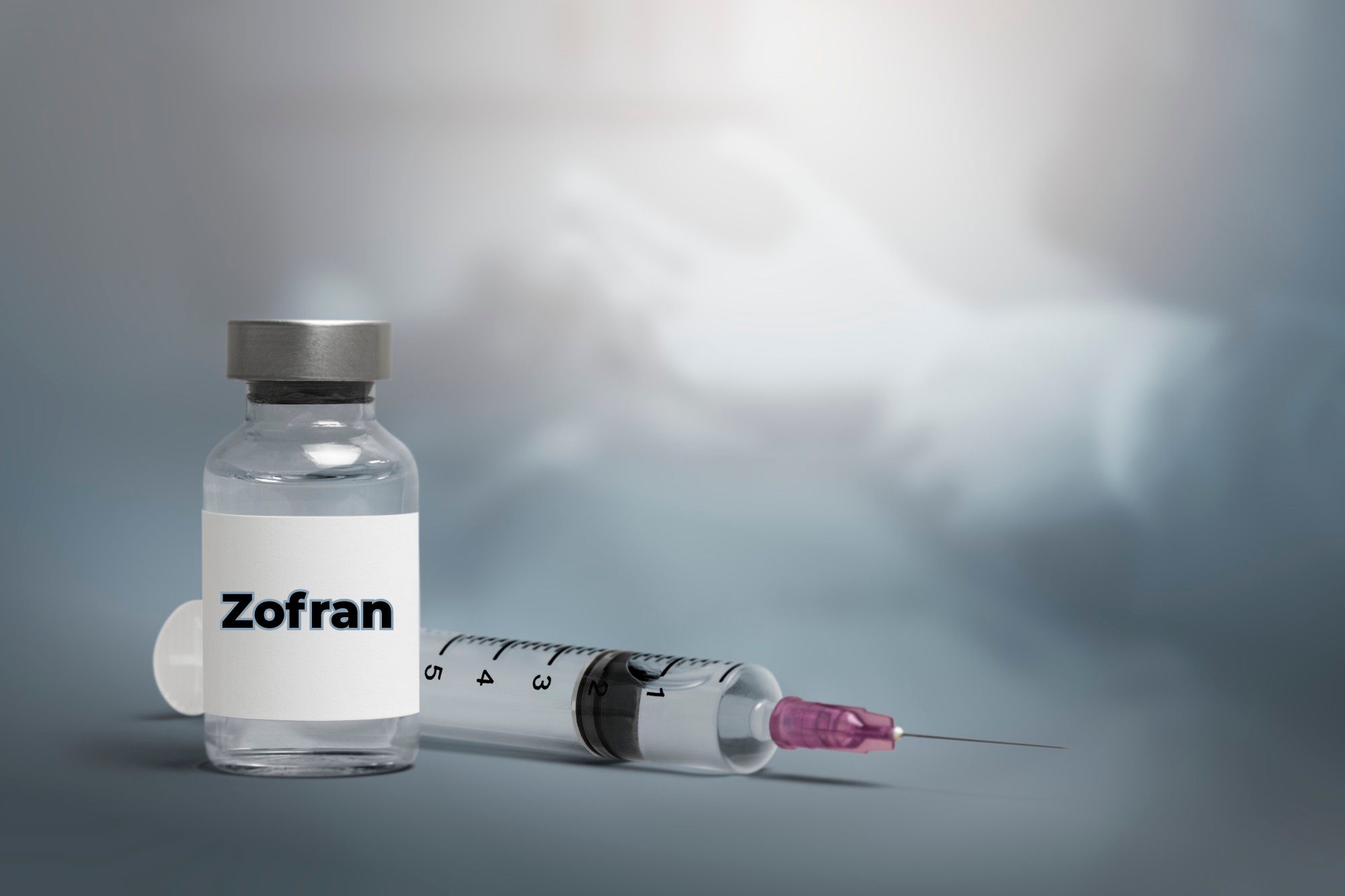Eliquis was approved by the U.S Food and Drug Administration FDA on December 28, 2012, for the prevention of stroke, Blood Clots in Patients with Non-Valvular Atrial Fibrillation. As per the press release, the FDA said, patients with prosthetic heart valves should not take Eliquis nor should patients with atrial fibrillation that is caused by a heart valve problem as these patients were not studied in the clinical trial. The FDA said, bleeding, including life-threatening and fatal bleeding, is the most serious risk with Eliquis, and currently, no agent can reverse the anticoagulant effect of Eliquis.
As per the FDA guidelines, Eliquis will be dispensed with a patient Medication Guide that provides instructions on its use and drug safety information. Health care professionals were advised by the FDA to counsel patients on signs and symptoms of possible bleeding.
Atrial fibrillation is a condition that arises when part of the heart does not beat the way it should, which can lead to blood clots forming that can travel to other parts of the body such as the lungs or legs, or increase your risk for stroke. Apixaban is also approved to treat certain types of blood clots like deep vein thrombosis-DVT, pulmonary embolus-PE in the United States, and to prevent them from forming again.
Eliquis is taken by mouth with or without food as directed by your doctor, usually twice daily (every 12 hours). If you cannot swallow the tablet whole, you may crush the tablet and mix with water, apple juice, or applesauce and take it right away.
The dosage is based on your medical condition, age, weight, kidney function, response to treatment, and other medications you may be taking. Be sure to tell your doctor and pharmacist about all the products you use (including prescription drugs, nonprescription drugs, and herbal products). If you are taking apixaban to prevent blood clots from forming after surgery, the length of treatment is based on the type of surgery that you had.
Do not stop taking this medication without consulting your doctor. Some conditions may become worse when this drug is suddenly stopped. Do not run out of this medication. Order your refills early to avoid running out of pills.
Use this medication regularly to get the most benefit from it. To help you remember, take it at the same times each day.
Before taking Eliquis, tell your doctor or pharmacist if you are allergic to it; or if you have any other allergies. This product may contain inactive ingredients, which can cause allergic reactions or other problems. Talk to your pharmacist for more details.
Before using this medication, tell your doctor or pharmacist your medical history, especially of: liver disease, kidney disease, bleeding problems (such as bleeding of the stomach/intestines, bleeding in the brain), blood disorders (such as anemia, hemophilia, thrombocytopenia), recent major injury/surgery, stroke, a certain clotting disorder (antiphospholipid syndrome), frequent falls/injuries.
Eliquis Is Used For
Reduction of Risk of Stroke and Systemic Embolism in Non-valvular Atrial Fibrillation
Prophylaxis of Deep Vein Thrombosis Following Hip or Knee Replacement Surgery
Treatment of Deep Vein Thrombosis
Treatment of Pulmonary Embolism
Reduction in the Risk of Recurrence of DVT and PE
In June 2014, a patient started on Eliquis, died of gastrointestinal bleeding from complications within two months. It was observed that Eliquis can increase the risk of uncontrollable bleeding, and is more prone when taken at the same time with Aspirin and non-steroidal anti-inflammatory drugs (NSAIDs). Eliquis does not have an antidote to stop the bleeding complications.
Serious Alleged Injuries May Include:
- Gastrointestinal (GI) Bleeding
- Rectal Bleeding
- Kidney Bleeding
- Cerebral Hemorrhage
- Hypovolemic Shock
- Death
FDA Safety Warnings:
2012 Black Box Warning: Discontinuing Eliquis in patients without adequate continuous anticoagulation increases the risk of stroke.
2014: Another boxed warning for Eliquis to include a warning for a spinal/epidural hematoma in patients treated with Eliquis who are receiving neuraxial anesthesia or undergoing spinal puncture. These hematomas may result in long-term or permanent paralysis.
Eliquis Recall : In June 2017, a recall was announced by Bristol-Myers Squibb of one lot (HN0063) of Eliquis 5mg tablets, based on a single customer complaint that the bottle labeled as Eliquis 5mg was found containing Eliquis 2.5 mg tablets. This lot was distributed in the U.S to retail pharmacies and wholesalers in February 2017. This recall was not under consumer level but on the retail level. The recall was conducted with the knowledge of the FDA.
Legal Updates:
Defendant: Bristol-Myers Squibb and Pfizer
Defendant Law Firm: Loren H. Brown, Cara D. Edwards and Lucas P. Przymusinski of DLA Piper.
Allegations: It was alleged that the manufacturers of Eliquis failed to disclose the permanent and life-threatening conditions such as excessive bleeding.
Plaintiff Steering Committee :
Robert J. Binstock of Reich & Binstock in Houston
Alexandra V. Boone of Miller Weisbrod in Dallas
Lawrence J. Centola III of Martzell
Bickford & Centola in New Orleans
Melissa Debarbiers of Bruno & Bruno in New Orleans
James Dugan of the Dugan Law Firm in New Orleans
Wendy Fleishman of Lieff, Cabraser, Heimann & Bernstein in New York
Rachel A. Harris of Schlichter, Bogard & Denton in St. Louis
Kevin J. Madonna of Kennedy & Madonna in Hurley, N.Y
D. Todd Mathews of Gori Julian & Associates in Edwardsville
Shannon Pennock of the Pennock Law Firm in New York
Lawsuit Status:
2015: The first lawsuit was filed against Bristol-Myers Squibb and Pfizer by Deborah Herschell. According to her, Eliquis was prescribed to her husband Donald as he suffered from atrial fibrillation an abnormal heartbeat which increases the risk of blood clots. He began taking the drug in 2014 and soon was hospitalized for subarachnoid hemorrhage and severe bleeding in the brain, which resulted in the separate bleeding event and caused death.
The manufacturers claim that the Eliquis is superior in safety and effectiveness as compared to Warfarin, but there is a lack of clear evidence in its support.
2016: One lawsuit was filed by plaintiff Rhonda Hancock alleging that they failed to disclose risks associated with its blood thinner and potential life-threatening condition like excessive bleeding. It was alleged that this side effect left the plaintiff permanently injured.
2017: In 2017, plaintiff Carmen Flores sued Bristol-Myers Squibb and Pfizer alleging that she suffered severe gastrointestinal bleeding and ischemic stroke, which resulted in brain damage due to the interruption of blood supply in the brain.
In February 2017, the U.S. Judicial Panel on Multidistrict Litigation (JPML) consolidated pending Eliquis lawsuits into multidistrict litigation (MDL No. 2754- IN RE: Eliquis (Apixaban) Products Liability Litigation under Judge Denise Cote) in the Southern District of New York. The MDL was assigned to Cote to litigate the pending actions in various locations. At the time of its consolidation, approximately 53 actions were pending in 17 various locations.
2018: Eliquis lawsuits were filed in the Superior Court of Delaware, each lawsuit brought similar allegations that the drug caused severe or fatal bleeding problems and indicated that the drug makers withheld information about the lack of an antidote to reverse the blood thinning effects of the drug.
2019: The 2nd U.S. Circuit Court of Appeals in New York upheld the dismissal of 60 Eliquis lawsuits targeted at Bristol-Myers Squibb and Pfizer Inc., related to the dangers of their blood thinner drug. The companies named in the lawsuits are blamed over the drug labels requiring warnings about internal bleeding and correction in dosages to minimize those risks. Till April, patients have filed 283 lawsuits against drugmakers and bellwether trial have not yet been scheduled in this MDL.
MDL status: Active and on appeal.
Evidence:
- Usage Of Eliquis
- Duration Of Eliquis Usage
- Indication For Eliquis Usage
- Complications And Treatment After Eliquis Usage
Medical Record Review and claim validation of Eliquis case should take approximately 3 hours in most instances; however, this approximation may vary in cases based on the volume of records.




